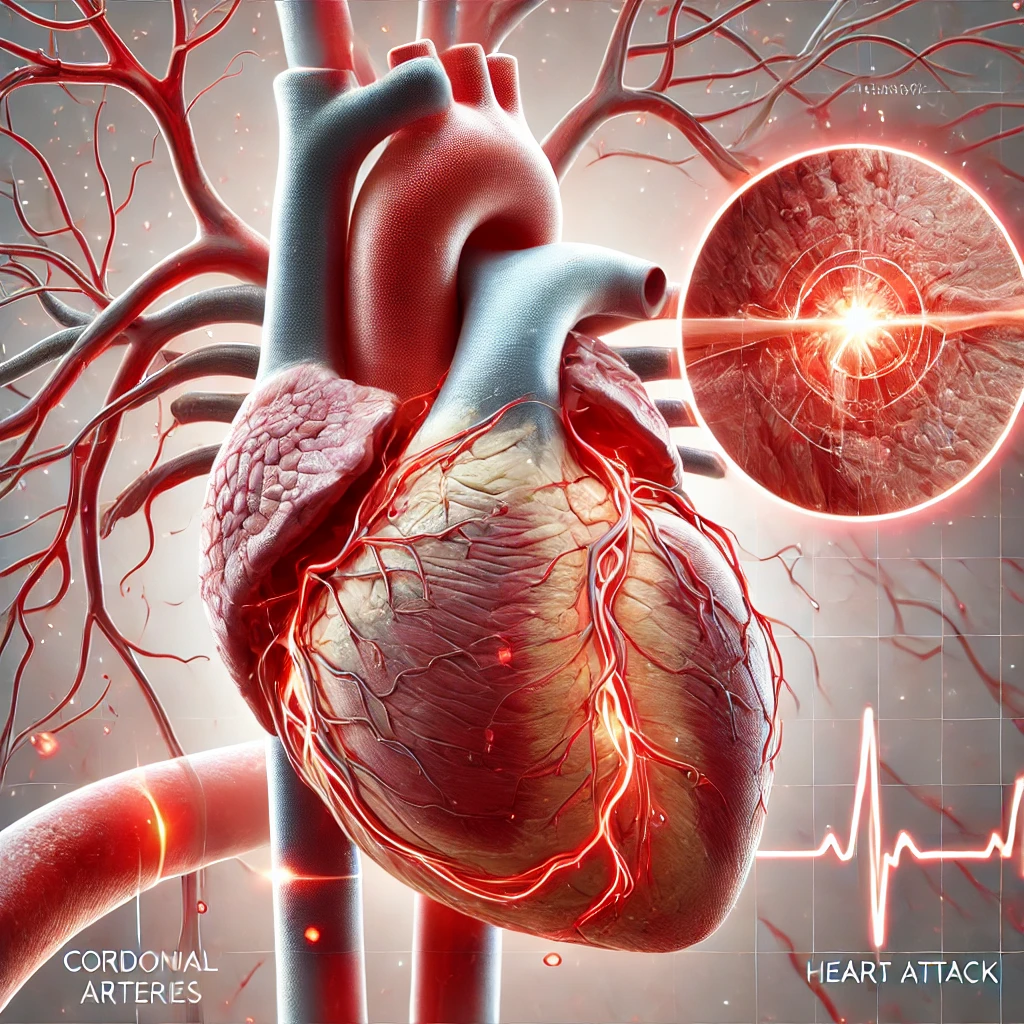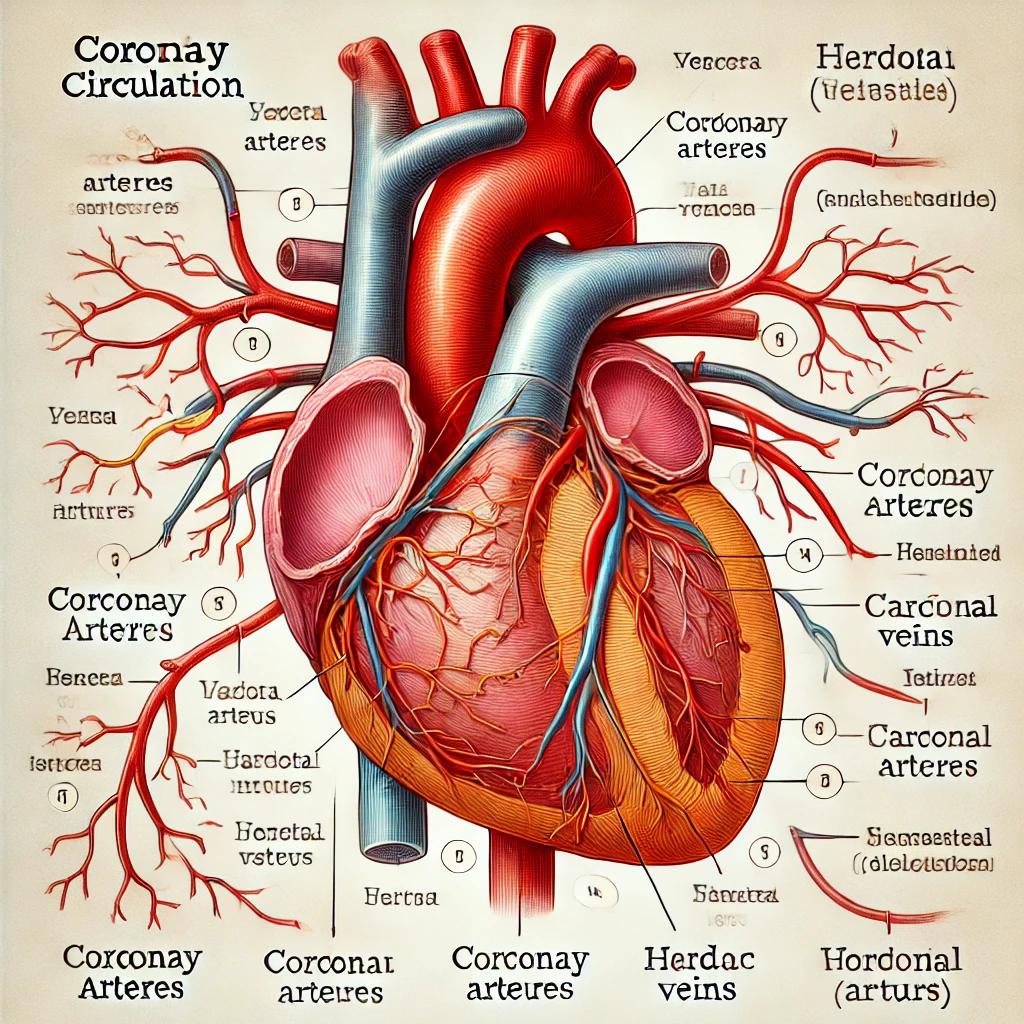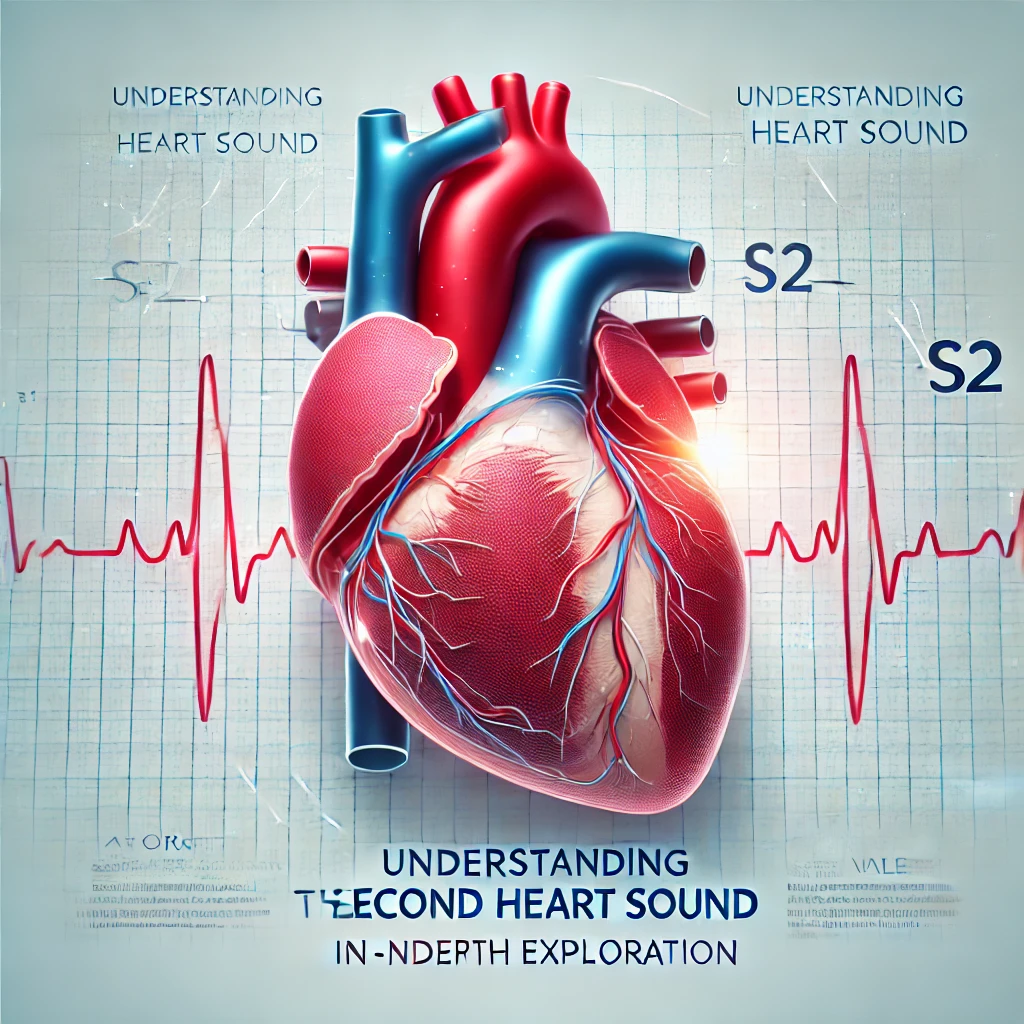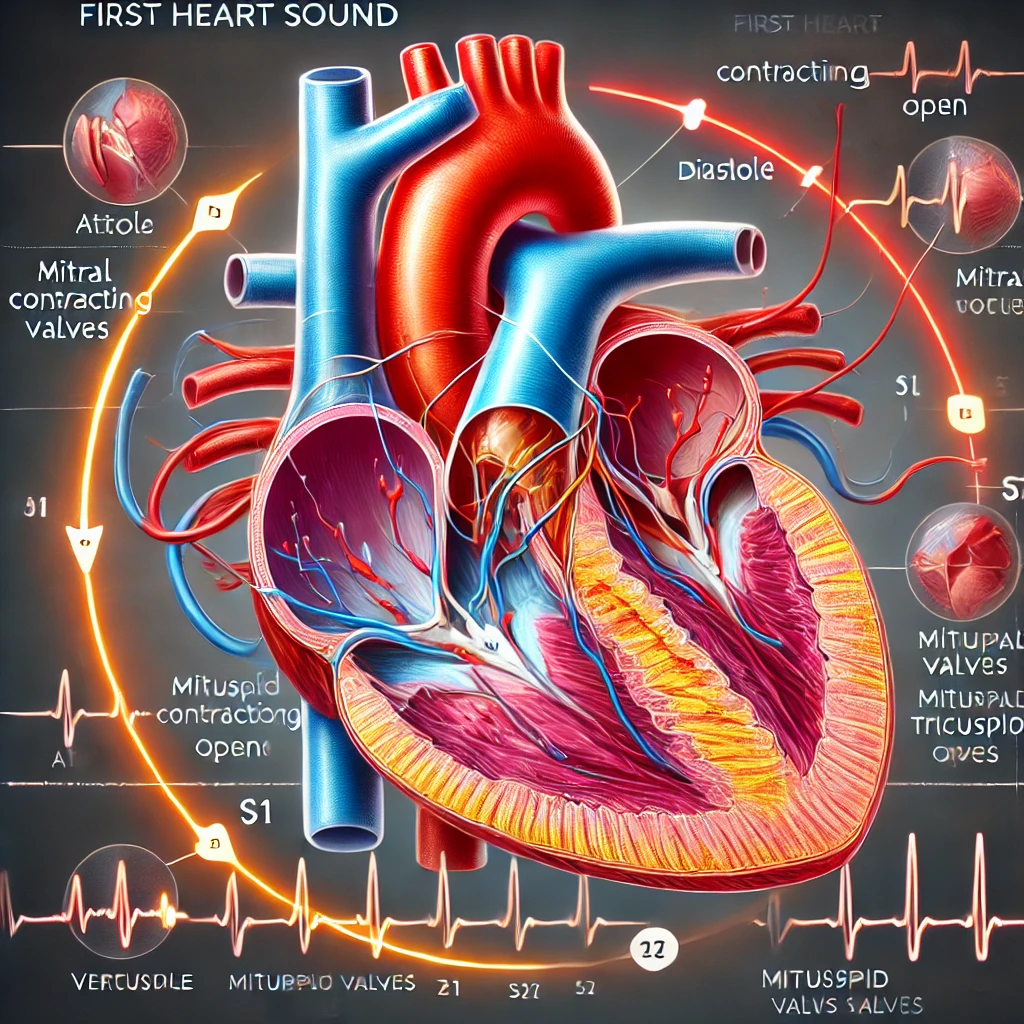Introduction

Chronic kidney disease (CKD) is a progressive loss of kidney function that can lead to kidney failure if left undiagnosed and untreated. In the early stages, CKD often presents with few or no symptoms, making it challenging to identify. However, as the disease progresses, various signs and symptoms may appear. Early detection and treatment can help slow down the progression of the disease and improve the quality of life for those affected. This article will discuss the common signs and symptoms of chronic kidney disease to help raise awareness and promote early intervention.
- Fatigue and weakness
One of the primary functions of the kidneys is to produce a hormone called erythropoietin, which stimulates the production of red blood cells. In CKD, the kidneys’ ability to make this hormone decreases, reducing red blood cell production and, subsequently, anemia. Anemia can cause fatigue, weakness, and a general lack of energy.
- Swelling and fluid retention
Healthy kidneys filter excess fluids and waste products from the blood. In CKD, the kidneys’ filtering capacity is impaired, causing fluid retention and swelling, also known as edema. This typically occurs in the legs, ankles, and feet but can also affect other body parts.
- Changes in urination
As kidney function declines, you may notice changes in your urination patterns. These can include:
- Increased frequency or urgency to urinate, especially at night
- Decreased urine output, or producing less urine than usual
- Foamy or bubbly urine, indicating the presence of protein
- Dark or bloody urine, which can be a sign of blood in the urine
- Shortness of breath
Fluid buildup in the lungs, known as pulmonary edema, can result from CKD. This can make breathing difficult and cause shortness of breath, especially during physical activity or lying down.
- Nausea and vomiting
As waste products accumulate in the bloodstream due to impaired kidney function, you may experience feelings of nausea or even vomiting.
- Appetite loss and weight loss
A decreased appetite is common in individuals with CKD, often due to nausea or changes in food taste. This can lead to unintentional weight loss.
- Sleep problems
CKD can cause restless leg syndrome or periodic limb movement disorder, interfering with sleep. Additionally, sleep apnea is more common in people with CKD.
- Itchy skin and rashes
A buildup of waste products in the blood can cause itchy skin and rashes, particularly in the later stages of CKD.
- Cognitive issues
CKD can affect cognitive function, causing problems with memory, concentration, and decision-making.
- Muscle cramps and twitching
Electrolyte imbalances due to impaired kidney function can lead to muscle cramps and twitching, particularly in the legs.
Please read my post. Click here.
Conclusion
Recognizing the signs and symptoms of chronic kidney disease early is crucial to ensure timely intervention and treatment. If you or a loved one experience these symptoms, consult a healthcare professional for further evaluation. Proper management of underlying conditions, such as diabetes and high blood pressure, can also help prevent the progression of CKD. Remember, early detection and treatment can significantly improve the quality of life for those affected by this potentially life-threatening disease.
Reference:
- Overview of Chronic Kidney Disease | Mayo Clinic
- Chronic Kidney Disease (CKD) | Centers for Disease Control and Prevention (CDC)
- Chronic Kidney Disease – Symptoms and Causes | American Kidney Fund (AKF)
- Chronic Kidney Disease | National Institute of Diabetes and Digestive and Kidney Diseases (NIDDK)
- Chronic Kidney Disease Information | World Health Organization (WHO)
My other post:




